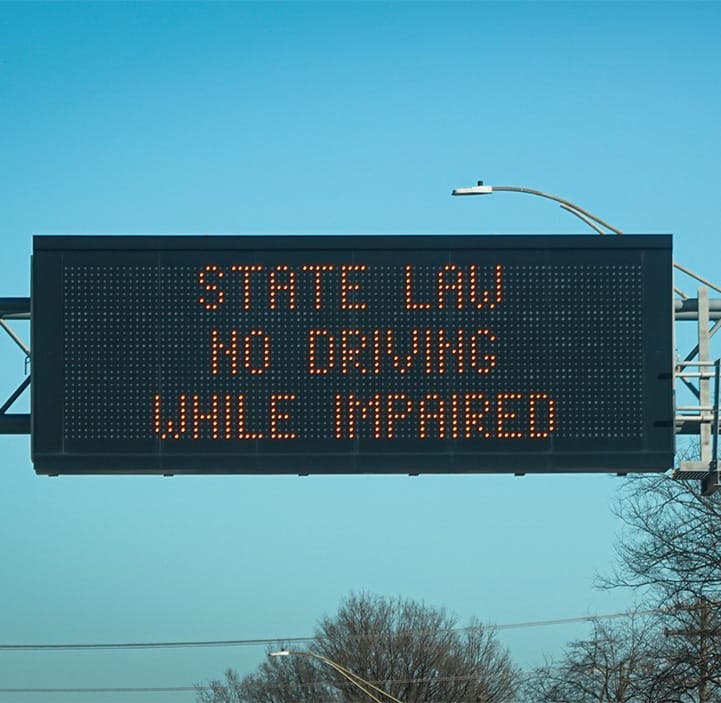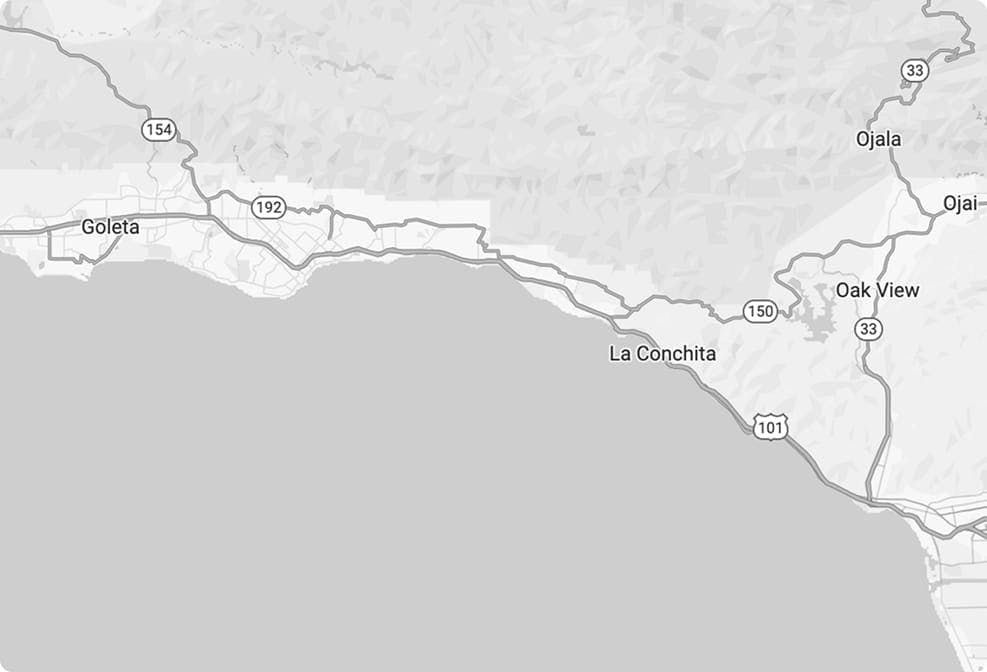Understanding California's legal blood alcohol concentration (BAC) limits is crucial if you've been arrested for DUI. At Bamieh & De Smeth, PLC, we break down what these limits mean for your case and how they can impact the outcome.
Legal Blood Alcohol Levels in California
Recent years have seen a rise in vehicular accidents due to driving while under the influence of alcohol. According to the National Highway Traffic Safety Administration (NHTSA), every day, close to thirty people lose their lives due to drunk driving in the United States. Furthermore, the NHTSA has found that more than 10,000 lives are lost every year due to alcohol-related crashes around the country.
These numbers show one harsh reality: Alcohol and driving claim too many lives every year in our country, and sadly, California is no exception. Every year, many people lose loved ones or face life-changing injuries due to drunk driving. To combat this trend, California has set a limit on the amount of alcohol people are allowed to have in their bodies when they sit behind the steering wheel.
The legal limit on blood alcohol concentration (BAC) in the state of California is 0.08%. This means that if a police officer pulls you over, performs a breathalyzer test, and finds that your BAC is 0.08% or higher, you can be arrested and charged with a DUI. For underaged drivers, California’s DUI laws are even more stringent. For instance, the BAC limit for young people in California is a mere 0.02%.
Additionally, DUI charges can be enhanced depending on the driver’s BAC. For instance, if your BAC is double the legal limit, you may face increased DUI charges, which can lead to dire consequences. Our Ventura and Santa Barbara criminal defense lawyers can help you defend against DUI charges in California.



















